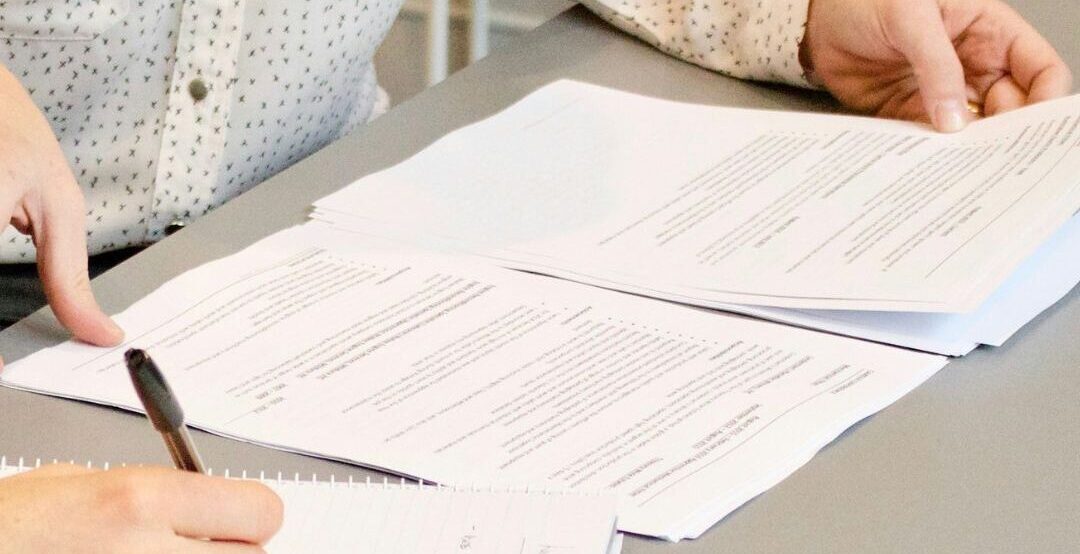Inquests are often unfamiliar territory, especially for care providers who suddenly find themselves part of a legal process following a death in their service. It’s a situation that can feel overwhelming, emotionally charged, and full of uncertainty. However, with the right legal support, the process becomes clearer, the risks more manageable, and the outcomes far more constructive.
This article outlines the ways Gordons Partnership can support clients before, during and after an inquest. It covers the importance of early legal involvement, the support available throughout the process, and how lawyers work sensitively with clients and families.
When Should a Provider Contact a Lawyer About An Inquest?
The best time to seek legal advice is as early as possible, whether that’s when they’ve been contacted by the coroner to provide information, or they’ve been listed as an interested person. If a provider is aware an inquest will take place in relation to someone who recently passed away in their service, they can seek prompt advice to get proactively involved and be listed as an interested person.
Samantha Burges, Senior Associate in the Gordons Partnership Health and Social Care Team, states: “We’ve acted for clients at various stages of the inquest process including, getting involved at the very start, in the middle, and even towards the end of an inquest, but it’s never too late to seek legal support.”
How Gordons Partnership Can Support Clients Facing an Inquest
Gordons Partnership provides comprehensive support throughout the entire inquest process. This includes:
- Helping clients get interested person status
- Requesting disclosure of the inquest bundle
- Responding to requests from the coroner
- Assisting the provider in reviewing and disclosing relevant information
- Liaising with the coroner’s office throughout the process
- Attending pre-inquest reviews
- Preparing witness statements
- Supporting staff giving live evidence (to reassure and help them understand the inquest process)
- Attending the inquest with the provider or on their behalf
- Asking questions during the hearing on behalf of the provider
- Reflecting on evidence disclosed during the inquest process and advising on how it may affect the provider
After the inquest, Gordons Partnership can advise on the implications of the inquest findings and help review and respond to any PFDs if necessary. We also consider whether there may be the risk of any civil or criminal liability as a result of the outcome.
Balancing Legal Advice with Sensitivity
At Gordons Partnership, we recognise that inquests are deeply sensitive events. At the heart of the process is the death of a person and it can be an incredibly emotional process.
Samantha adds: “There’s lots of different aspects to bear in mind when advising a provider on an inquest. You need to ensure you are assisting the coroner as best you can with their fact-finding process while also considering the client’s interests, and being conscious of the human side of it. The way information is communicated can have a big impact on how a provider is viewed by the family and others involved in the inquest.”
The process can be emotional, especially for the family, but also for individuals who were providing care to the person towards the end of their life and who may have been asked to give evidence. Gordons Partnership supports clients with this in mind – helping them navigate their responsibilities and communicate appropriately whilst remaining mindful of the wider impact.
Working with PR Teams and Regulators
In some cases, PR teams may attend the inquest to support a provider in gauging any potential press interest, proactively preparing statements if needed.
As for regulators, while there isn’t typically direct communication outside of the hearing itself, Gordons Partnership is always aware of their presence and the potential regulatory consequences of what is said during the hearing and revealed through evidence disclosure.
If a regulator contacts a provider outside of the inquest process – for example, asking for further information related to the matter – Gordons Partnership can assist with that too.
Advice for Clients Facing Their First Inquest
As Samantha puts it perfectly: “Don’t panic.”
That’s the most important starting point. The inquest is primarily an investigative process – not one designed to assign blame. An interested person’s role is simply to assist the coroner in their investigation. Seeking legal support is highly recommended to help manage the process as best as possible and determine the best action to take bearing in mind potential outcomes.
Conclusion:
Every inquest presents a mix of legal, emotional and reputational considerations. However, with the right support, care providers can engage with the process constructively, protect their interests, and ensure their position is accurately represented.
Gordons Partnership offers more than legal expertise – we offer guidance that’s strategic, sensitive, and shaped by deep sector experience. Whether you’re preparing for an inquest, responding to unexpected developments, or reflecting on what comes next, our team is here to help you do so with confidence, care and clarity.
About the Author

Senior Associate Solicitor
Tel: 01483 451 900
Email: Samantha.Burges@gordonsols
